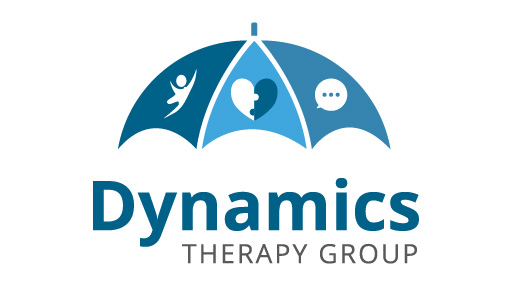
In today’s fast-paced world, effective communication has become more important than ever. It is a crucial skill that can greatly impact our personal and professional relationships. Understanding and implementing psychological principles, including ideas from Neuro-Linguistic Programming (NLP), can help us enhance our communication skills and form deeper connections with others. In this blog post, we will delve into various psych principles and NLP techniques that can help improve our communication and foster stronger relationships.
- Active Listening: The Foundation of Effective Communication
Active listening is a crucial aspect of effective communication. It involves fully concentrating on what the speaker is saying, allowing them to express their thoughts and feelings without interruption. By practicing active listening, we can better understand the speaker’s perspective, display empathy, and foster trust.
- Building Rapport: Establishing Trust and Understanding
Building rapport is essential for creating strong connections. This involves finding common ground, demonstrating empathy, and being genuinely interested in the other person. Psych principles, such as mirroring body language and using open-ended questions, can help facilitate rapport-building and improve our ability to connect with others.
- Neuro-Linguistic Programming (NLP) Techniques
NLP is a psychological approach that focuses on understanding and influencing human behavior through communication. Several NLP techniques can be applied to improve our communication skills:
a. The Meta-Model: This technique encourages us to ask clarifying questions and challenge assumptions, helping to avoid misunderstandings and promote clearer communication.
b. Matching and Mirroring: By subtly matching another person’s body language, tone of voice, and speech patterns, we can create a sense of rapport and facilitate better communication.
c. Reframing: This technique involves changing the context or perspective of a situation, helping to transform negative beliefs or perceptions into positive ones, promoting better understanding and communication.
- Emphasizing Empathy: Understanding Others’ Perspectives
Empathy is the ability to understand and share the feelings of others. By developing our empathic skills, we can better relate to others and more effectively communicate our thoughts and feelings. Techniques such as perspective-taking and empathic listening can help us foster empathy in our interactions.
- Nonverbal Communication: The Power of Body Language
Nonverbal cues, such as facial expressions, gestures, and posture, play a significant role in communication. Being aware of our own nonverbal signals, as well as those of others, can help us convey our messages more effectively and better understand the emotions behind others’ words.
- Research-Based Strategies for Better Communication
Research has shown that certain strategies can significantly improve our communication skills:
a. Emotional Intelligence: Developing our emotional intelligence can enhance our ability to understand, express, and manage emotions in ourselves and others, leading to more effective communication.
b. Cognitive Behavioral Techniques: Identifying and challenging negative thought patterns can help us communicate more assertively and confidently.
c. Mindfulness: Practicing mindfulness can improve our focus, allowing us to be more present and attentive in our conversations.
d. Dialectical Behaviour Therapy (DBT): a form of CBT that emphasizes the development of skills to improve emotional regulation, mindfulness, distress tolerance, and interpersonal effectiveness. It helps individuals learn new skills and apply them in their daily lives.
DBT can help with psychological well-being by teaching individuals to better manage their emotions and tolerate distressing situations without resorting to harmful or ineffective coping mechanisms. It also helps individuals develop more positive and effective ways of communicating and relating to others. One of the key components of DBT is learning to balance two opposing viewpoints or dialectics. For example, accepting oneself while also recognizing the need for change, or validating someone’s emotions while also setting boundaries.
Conclusion
Mastering the art of communication involves understanding and implementing various psychological principles and techniques, including those from NLP. By actively listening, building rapport, practicing empathy, and being mindful of nonverbal cues, we can significantly improve our communication skills and form deeper connections with others. Incorporating research-based strategies, such as developing emotional intelligence and employing cognitive behavioral techniques, can further enhance our ability to communicate effectively and foster stronger relationships.
If you need coaching or help to improve your communication with yourself or others, using different techniques including but not limited to Cognitive Behavioral Therapy (CBT), Dialectical Behaviour Therapy (DBT) or Mindfulness, contact us.



